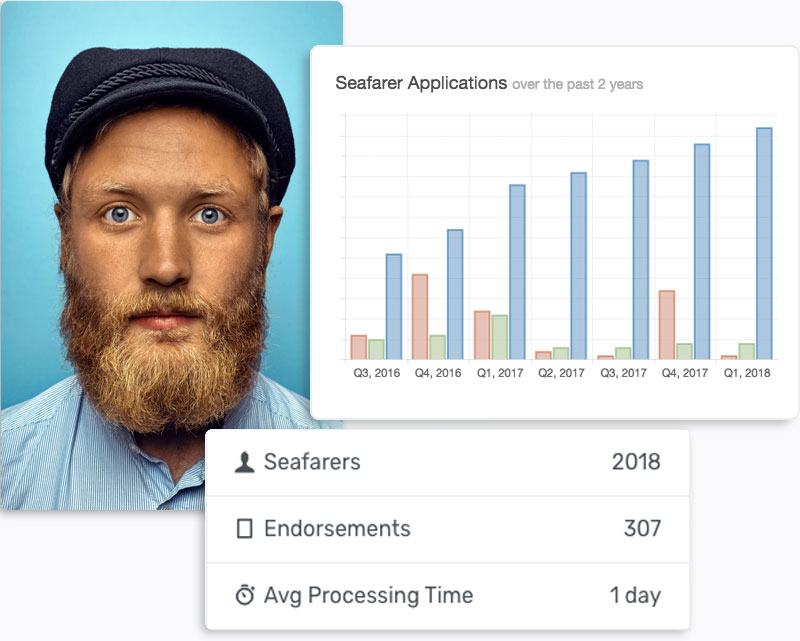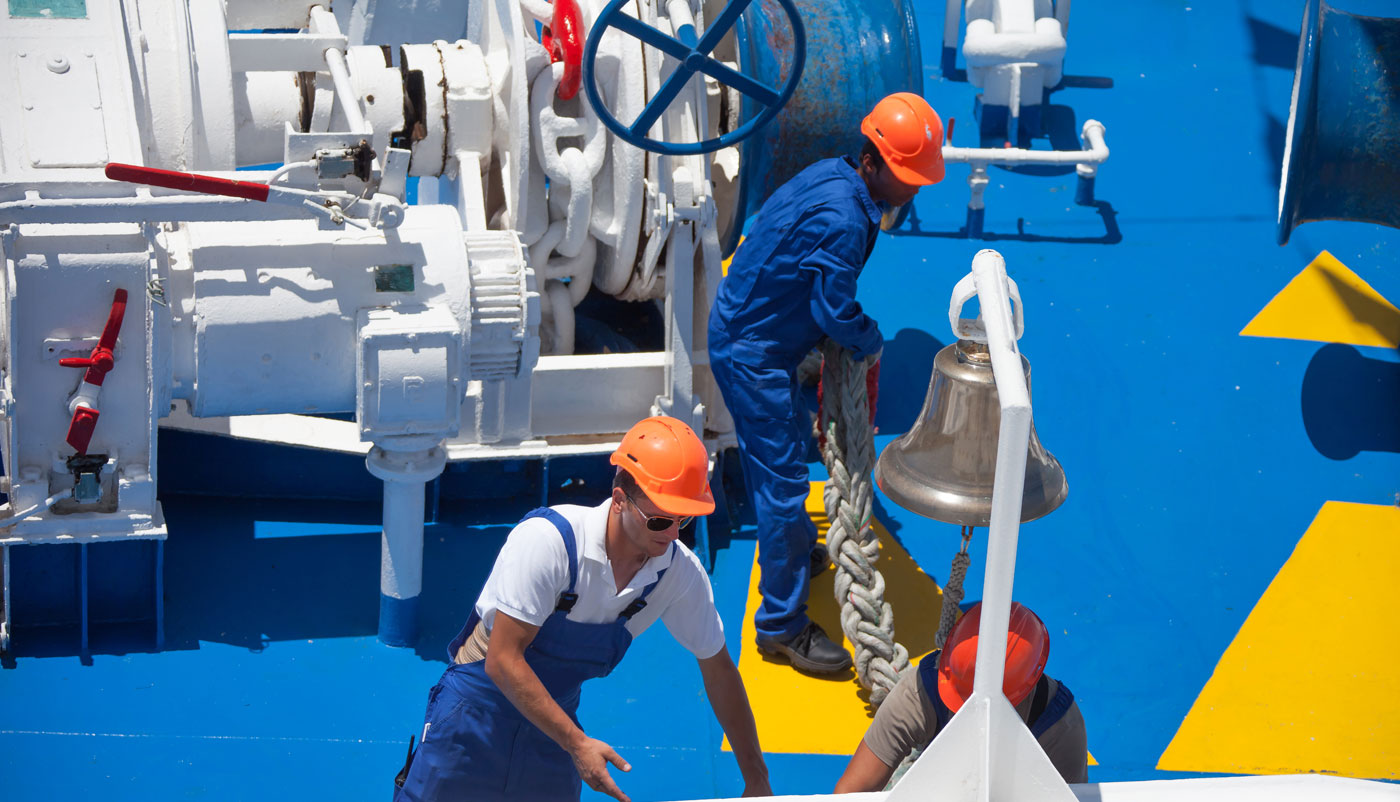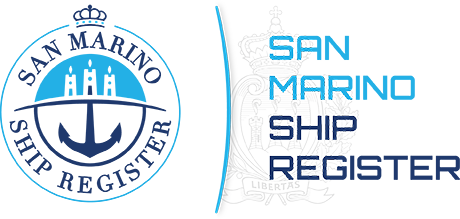The IMO Assembly adopted the Triple I Code (IMO Implementation of IMO Instruments Code or III Code) in December 2013. The requirements for compliance with the Code were also adopted as amendments to the IMO Conventions. The old voluntary IMO audit scheme, VIMSAS, is now superseded by a new mandatory audit scheme using the III Code as a basis.
Audits for all flag States will take place every 7 years and The III Code has some very clear expectations for flag States in Sections 42, 43 and 44.
A Flag State should, on a periodic basis, evaluate its performance with respect to the implementation of administrative processes, procedures and resources necessary to meet its obligations as required by the international instruments to which it is a party.
Measures to evaluate the performance of flag States should include, inter alia, port state control detention rates, flag State inspection results, casualty statistics, communication and information processes, annual loss statistics (excluding constructive total losses (CTLs)), and other performance indicators as may be appropriate, to determine whether staffing, resources and administrative procedures are adequate to meet its flag State obligations.

Areas recommended to be regularly reviewed may include, inter alia:

All the listed parameters in Section 44 are recommended, the ones in Section 43 are should and flag states must be able to track these indicators. It is clear that the IMO expects flag states to be able to access this type of statistical data and to be using it as a tool to inform decisions and performance evaluations. Oceans Cloud is the ultimate resource for easily collecting and storing this data as well as for extracting meaningful statistics on it.
Historical and future inspections are stored against each ship. Type, date, and most usefully, due date for outstanding corrective action, is recorded. Where corrective actions are outstanding, the record remains highlighted until cleared.
Manage and record all Port State Control detentions, then run regular reports to identify vessels and/or managers that may require further monitoring or support.
Record cases of casualties, MARPOL / COLREGS violations, occupational accidents & diseases. Attach supporting documents including reports and pictures to be retained with the final report.
Run reports on all recorded aspects against a time period, type, manager, ship type or any other criteria that is required. Oceans Cloud allows instant access to the key statistical data that is listed in the III Code.







Capture, process and analyse your Maritime Administration's data while ensuring compliance with international regulations.